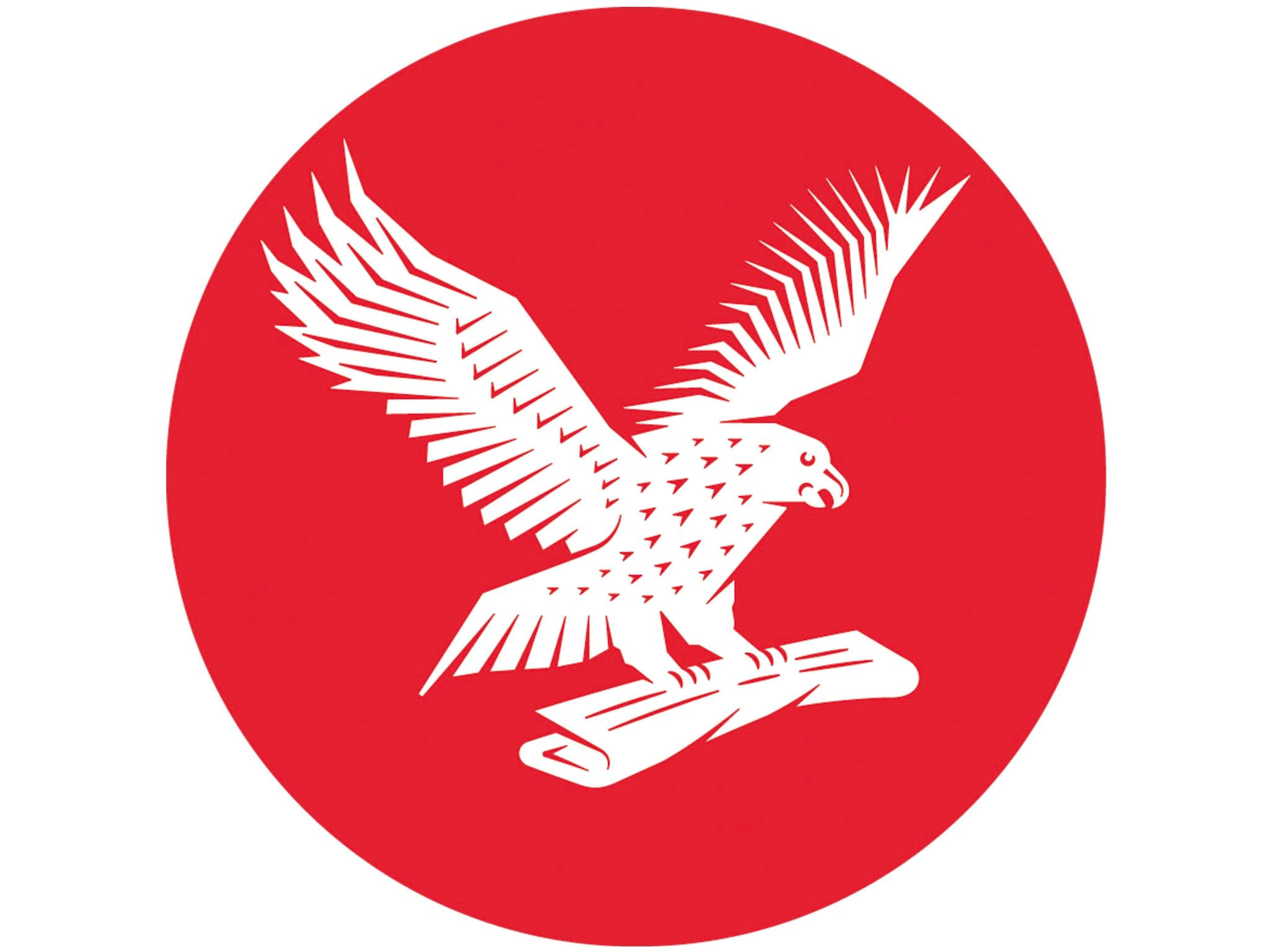Kari Blackburn: BBC World Service executive
Blackburn swept up all who knew her with her boundless enthusiasm for Africa.

If you are lucky in life, you occasionally meet someone who sweeps you off your feet.
Kari Blackburn, Director of International Relations for the BBC World Service Trust, swept up all who knew her with her boundless enthusiasm for Africa. Her care and commitment to her colleagues and her bottomless capacity to share her passions turned colleagues into friends, and friends into admirers.
Born in Somerset in 1954, Kari Blackburn was educated in London and Wales and read Social and Political Sciences at Churchill College, Cambridge, graduating with a first class degree. She immediately afterwards left for Tanzania, where she was a primary school teacher and went out of her way to work with the disadvantaged. Throughout her life, she showed compassion for others and was enthused by the idea that she could help improve other people’s lot.
On her return from Africa in 1977, she won a much sought-after news traineeship at the BBC, in the days when such trainees were recruited as potential high flyers. To some people’s surprise, she eschewed television and joined the part of BBC World Service that specialised in Africa. She produced Focus on Africa and Network Africa, the programmes where tens of millions of Africans found out what was happening in their own backyard.
She then became executive producer on the World Service’s global output, but it was Africa that had become her abiding enthusiasm.
In 1996 she returned to be Head of the Swahili and Great Lakes Services, learning some Swahili, which she added to her fluent Norwegian, French and German.
She quickly won a reputation amongst her staff as a caring and highly committed leader. A working mother herself, she became a role model for many young women who wanted to meet the demanding deadlines at the BBC while bringing up children. The impact of both services grew and they now have nearly 25 million listeners in East Africa.
Blackburn helped build that momentum and continued to contribute to that success in her new roles of Head of Africa from 1999 and then, from 2003, Regional Executive Editor for all of Africa and the Middle East.
What inspired so many, though, was Kari Blackburn’s sheer energy and wide-eyed, almost headlong, pursuit of experience and knowledge of Africa.
In 2000, she toured the Horn of Africa, visiting the presidents of Djibouti and Somaliland before travelling round Mogadishu in “technicals”, the heavily armed, open-backed pick ups that were the only safe means of travel in a country gripped by internal strife.
It was in Hargeysa that hotel staff had to go after her in hot pursuit when she set off jogging. They were alarmed to see her heading at pace in the direction of fields that had not been cleared of land-mines. It was typical Kari. She rarely allowed such inconveniences to get in the way of her effervescence and her desire to see first-hand the difficulties faced by her colleagues in the field.
For Kari Blackburn, mountains were there to be climbed. She recently conquered Kilimanjaro, the Inca Trail and Everest base camp.
And she could sail through the apparently impossible with a smile on her face. In Kenya, the BBC had long wanted to establish some FM relays but it seemed that the Kenyan government would never allow a foreign broadcaster to do this. None of this prevented Blackburn from pursuing the request with President Daniel arap Moi while at a formal dinner to celebrate the 40th anniversary of the BBC’s Swahili Service. At the end of the dinner the President turned round and said loudly, “I grant the BBC its request”, leaving his advisers looking on, wondering what on earth he meant. Next morning the presidential approval for a BBC FM relay appeared in the form of a letter addressed to Kari Blackburn.
Blackburn often talked with pride about the achievements of her children and her Ugandan-born husband Tom Boto, whom she had married in 1981. She saw her eventual future in Uganda with Tom, where he could use his considerable talents as a consultant gynaecologist and she could once again do practical community work.
She considered her recent decision to take up a role with the World Service Trust as a step along that path. The trust is the charitable arm of the BBC which manages media-related development projects around the world.
Her desire to finish her working life in Africa was one of the few ambitions Kari Blackburn was not to realise.
Kari Blackburn, radio executive: born 30 March 1954; staff, BBC World Service 1977-2007, Assistant Head of Current Affairs (English) 1990-92, editor, BBC Marshall Plan of the Mind Trust 1992-96, Head of the Swahili and Great Lakes Service 1996-99, Head of the Africa Service 1999-2003, Regional Executive Editor of Africa and Middle East 2003-2006, Director of International Operations, World Service Trust 2006-07; married 1981 Tom Boto (two sons, one daughter); died Felixstowe, Suffolk 27 June 2007.
This article was republished on 7 May 2025.
Join our commenting forum
Join thought-provoking conversations, follow other Independent readers and see their replies
Comments
Bookmark popover
Removed from bookmarks